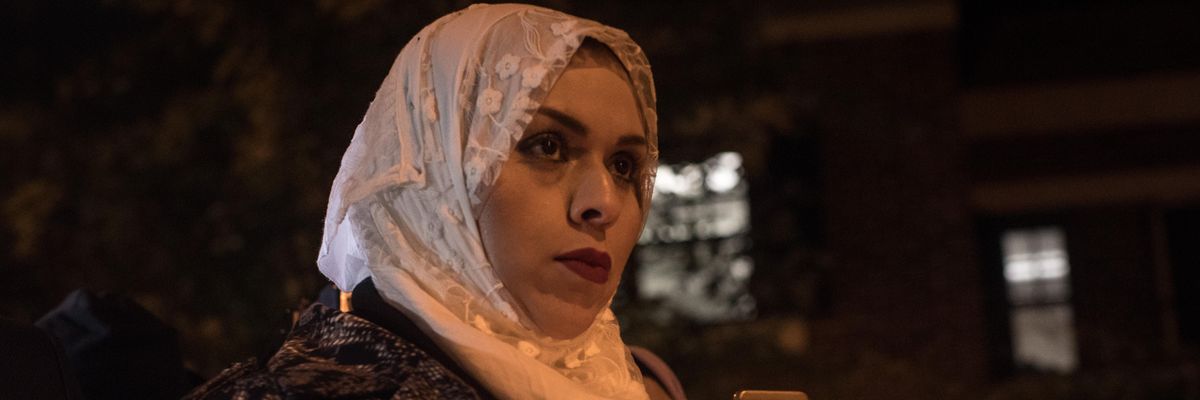The Saudi government announced it will be eliminating part of the male guardianship system, finally granting women the right to obtain passports and travel (if 21 years of age or over), and obtain family identification cards without the need for male authorization.
The change comes in the context of the bad publicity that Saudi Arabia has been receiving about "runaway girls," a growing number of Saudi women who have been fleeing the country to seek asylum abroad. Several of these high-profile cases of women claiming intense gender-based repression and receiving asylum in countries like Canada have placed global scrutiny on the male guardianship system.
The latest decrees also come in the context of intense criticism of the government's appalling treatment of women's rights activists. In 2018, when the government announced it was lifting the ban on women drivers, it then went on to arrest the very women who had campaigned for that right. Some of these women are released pending trial; others are still languishing in prison, enduring terribly abusive conditions. When making the announcement about the easing of the guardianship system, the government made no mention of the plight of these women activists.
While the easing of the guardianship system is indeed welcome news, Saudi Arabia remains one of the world's most repressive societies for women.
Key aspects of the guardianship system are still in place. One particularly onerous restriction is that women need the permission of a male guardian to marry or divorce.
- Saudi Arabia is one of the only Muslim-majority countries that legally imposes a dress code. By law, in public places women must cover their everyday clothing with an abaya- a long cloak - and a head scarf.
- When it comes to family issues such as child custody, child support and divorce laws, they all favor men over women. Women can easily lose access to their own children when they separate from their husbands.
- In certain types of court cases, female testimony is worth half as much as male testimony.
- While Saudi women have made great gains in education, they still make up only 23% of the labor force, and they are mainly employed "women's jobs" such as education and public health. Women are discriminated against in the hiring process, and then must endure gender segregation in the workplace.
Saudi Arabia is the most gender-segregated society in the world. The majority of public buildings have separate entrances for men and women; some even ban women from entering. Most workplaces are segregated, so are schools. The separation in restaurants has been somewhat easing, but most eating areas are still separated to keep unrelated men and women apart--with one section for "singles," meaning men, and one for "families," meaning women, children, and close male relatives like husbands.
- Saudi Arabia and Yemen are the only Arab countries that do not have laws setting a minimum age for marriage. Child brides are still acceptable, especially among poor, rural families where girls may be married off to richer, older men.
- Regarding representation, there are no women elected at the national and provincial level, because there are no national or provincial elections. It was only in 2015 that women were granted the right to vote and to run in municipal councils, but in 2019 women still represent just 1 percent of those local seats (19 women elected and 15 appointed).
- As of 2013, women were granted 20% of the seats on the Shura Council--an appointed 150-member body that advises the king. In July 2019, women on the Shura Council introduced a proposal to have 30% women on the municipal councils, but the proposal was rejected. By law, the proposal cannot be brought up again for two years.
Saudi women have a long way to go to achieve equality. Onerous laws remain in place and conservative traditions that give men control over women will be hard to transform. The best way to do this, however, is to grant Saudi women the freedom to openly advocate for their rights. Now, these rights are "bestowed upon them" by male rulers while women who fight for their rights are jailed, tortured, fired from their jobs, and in other ways silenced. The Saudi rulers must free the women activists languishing in prison and open the system so that women can freely advocate for the society they want to live in.

